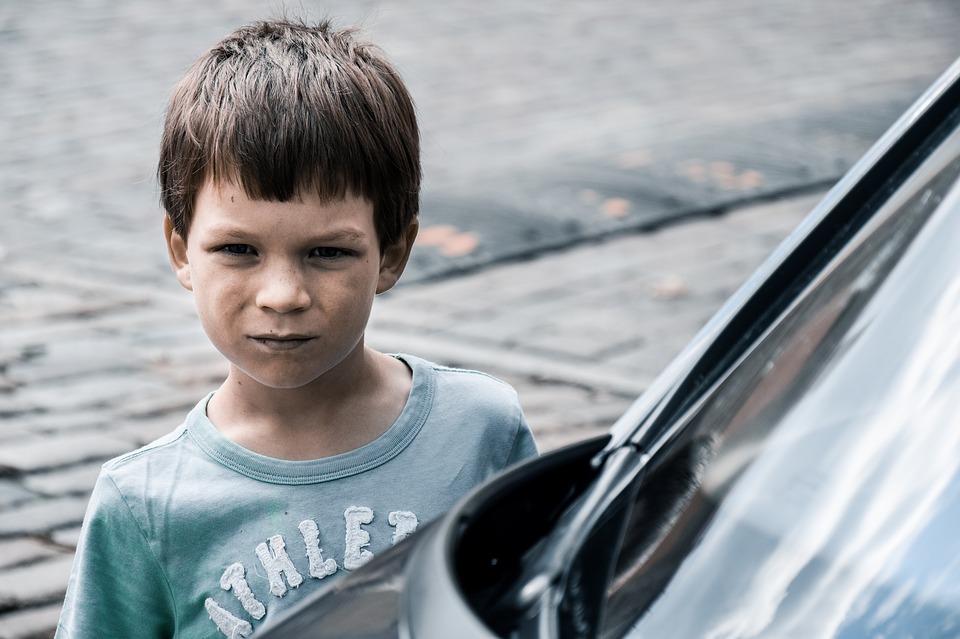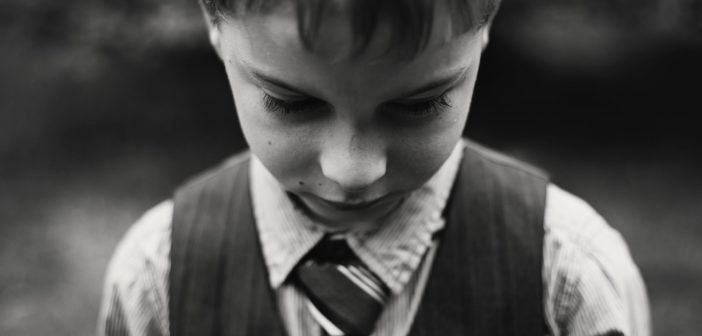“It’s not fair! I never get to do anything and you get to do whatever you want!”
My 11 year old stormed off into his room, slammed the door, continuing to fume and rage for a good while after.
I let him go. I could feel the heat of anger burning me up but I stayed put and took some deep breaths to calm myself.
These are big steps for me as a parent. A couple of years ago I would have gone after him. I would have rattled off exactly all the things he gets to do. In fact, I would have let him know every sacrifice I’ve ever made for him since the day of his conception. He had really hit a raw nerve.
Thank goodness that was the old me.
I have finally learnt that the majority of my children’s major meltdowns aren’t about me. Often they aren’t even about the thing that has triggered the meltdown.
But it is hard separating the emotion from such situations. And it is hard not to take things personally, especially when your child hits a sore point.
However, it is important for us to understand our parenting triggers and learn how not to react to them. We are the grown up, after all.
That often means taking time out from our child and the situation, to address what’s going for us.

Sometimes you’ve got to take care of yourself before you can take care of your child,” parenting expert David Loyst explains to ParentTV.
“When we become more mindful, more conscious, we can become more reflective rather than reactive.” – David Loyst.
After I had calmed down, I went to see my son and was greeted by a tear-streaked but remorseful pre-teen.
“I’m sorry, mum. I didn’t mean it. I don’t know why I said that.”
And then the flood-gates opened and he told me about the horrid day he’d had and all the other stuff that was going on for him.
Because he is still young. He’s still learning how to process these big emotions and so things can come to a head.
Heck, I know plenty of fully-grown adults who do exactly the same thing!
By dealing with my own stuff before reacting, I was able first process my emotions and then help him process his.
To learn more about not taking things personally as a parent, check out what else David Loyst has to say on ParentTV here.

